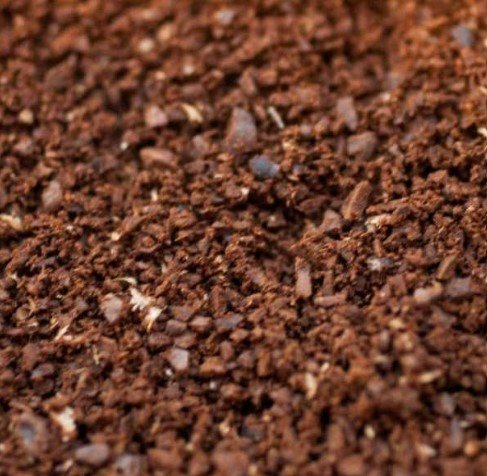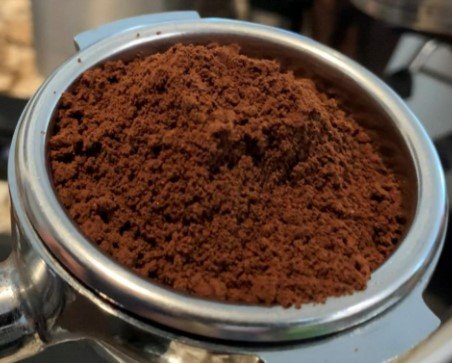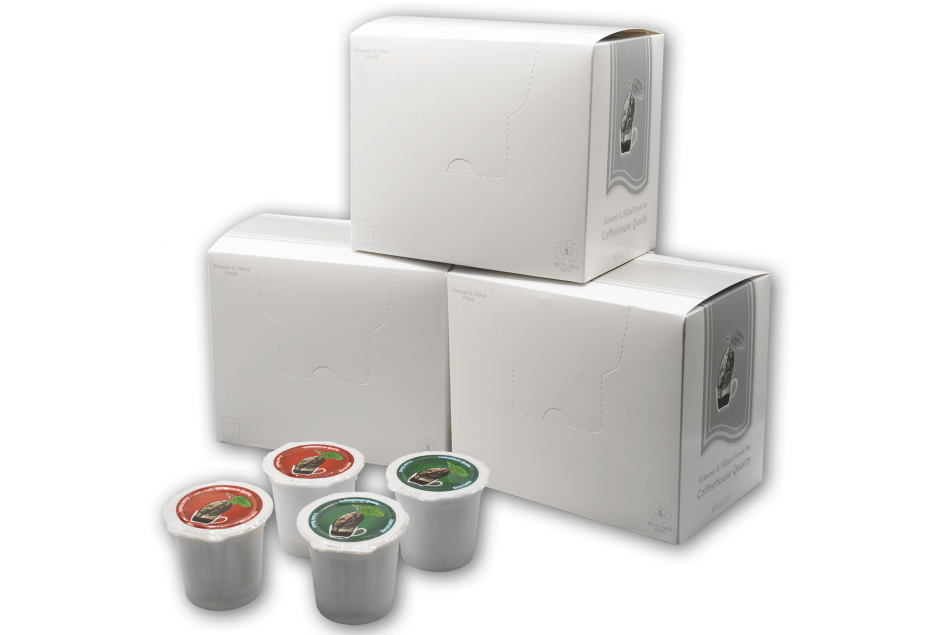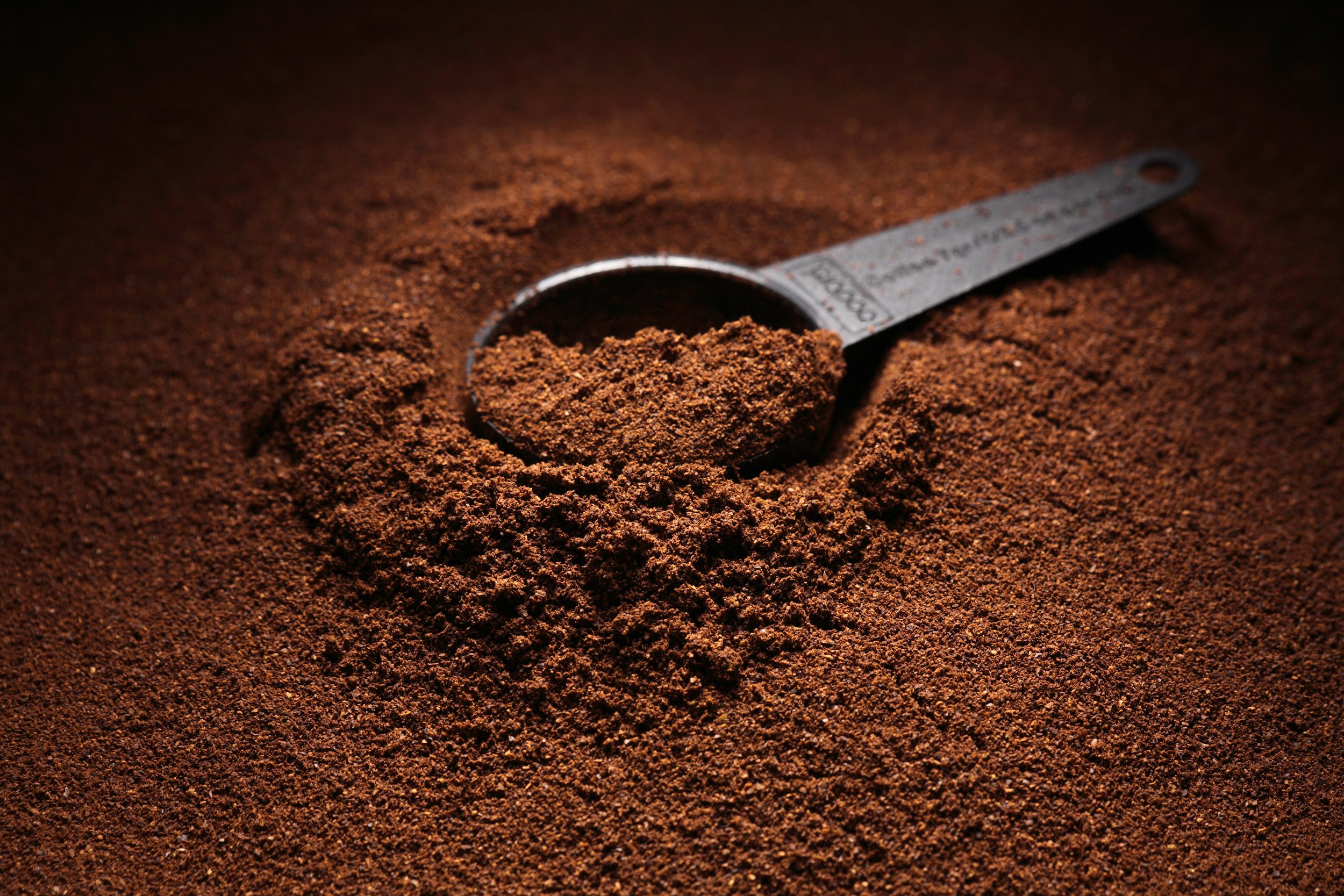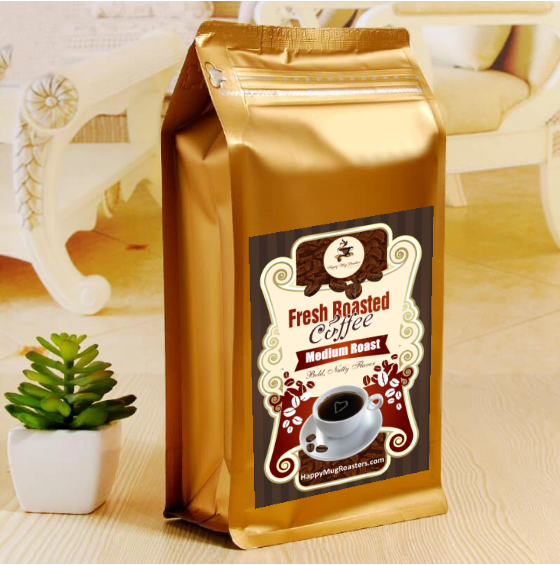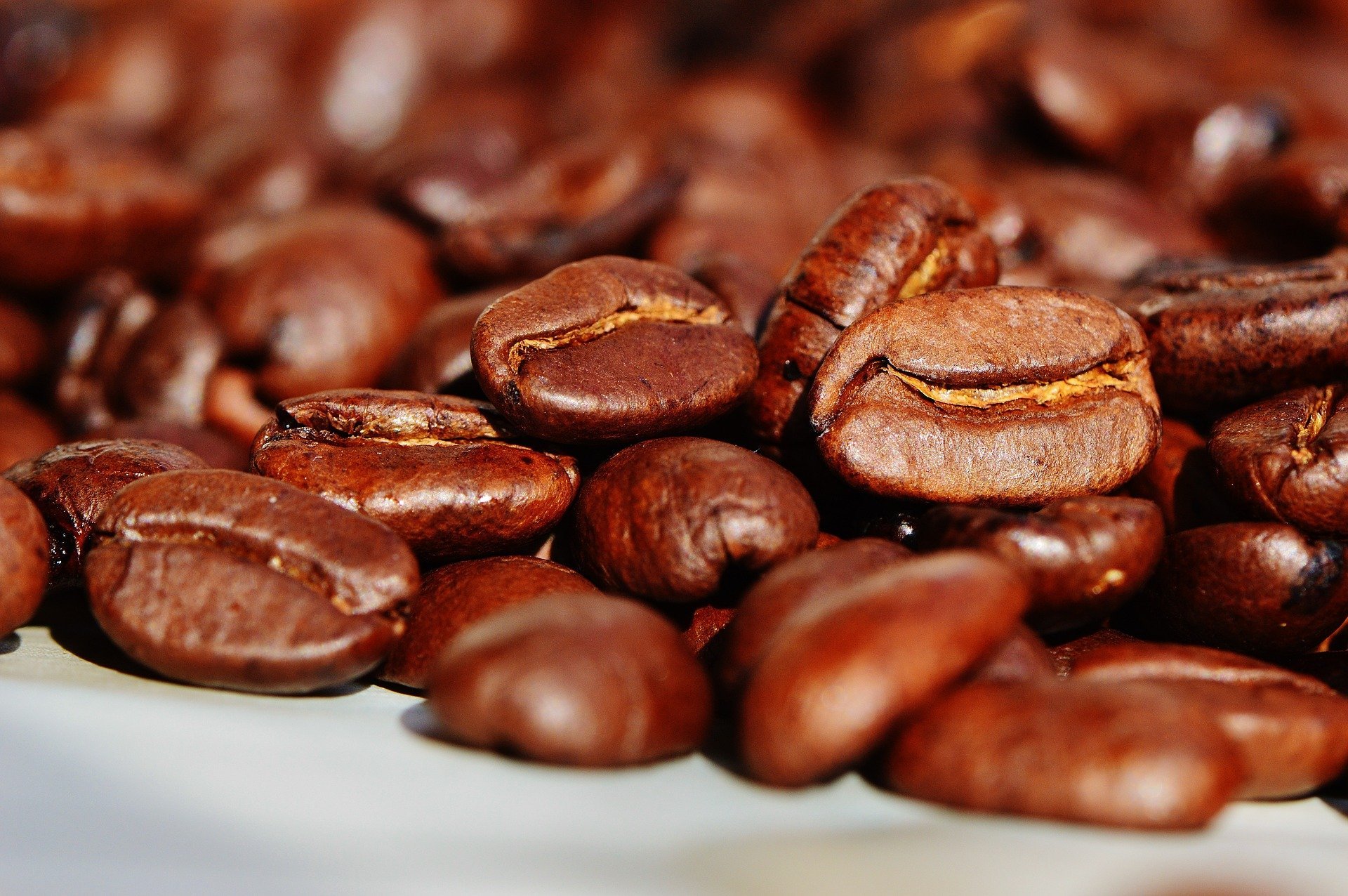Papua New Guinea
This season we went with what they call Kula processing. Kula processing means only washed processed beans; dried on raised drying beds and double screened via color sorter and double hand-picked. We team up with our buddy Vikram to ensure the best beans. Basically, it means the best of the best from Carpenter Estates.
These Carpenter Estate coffees are gems – nothing like your traditional PNG coffees. Almost a 0 defect screen with immaculate processing. You can just look at the beans and see the care and time that went into them.
All coffee bearing the Carpenter Estate name is grown at over 5000 feet elevation. All of their Estates consider soil and water conservation as a priority, and, the plantation is bird and eco-friendly. The plantation employs a medium-density shade strategy, using two types of shade trees. This promotes even ripening of coffee cherries and provides habitat for at least 90 species of birds.
These are washed processed Arabica coffee. Quality Control begins in the field; Cherry coffee is hand-picked and carefully checked for uniformity; it must be red and fully ripe which allows for the correct balance of sugar and acid within the cherry. This selected cherry is then pulped on the day of picking.
A fermentation process follows, for a period of three days broken every 24 hours by washing – but unlike most other brands, the Carpenter process follows this by total immersion in water for a further day, which creates a superior coffee. Careful conditioning of 21 days is followed by hulling, grading, color sorting, and finally hand sorting. This combined with rigorous quality control before packing produces the finest coffee beans for which Carpenter is renowned.
All grades are then continuously sample-roasted and liquored by experts. This provides a final check on the quality of the green bean product and is a practice unique in Papua New Guinea.
Tasting Notes:
Silky smooth and clean. Medium acidity with good sweetness and balance. Chocolaty type cup of coffee with some very cool nutty and spicy herbal accents. Darker Roasts, which is preferred, one can balance in some melon and fruit acidity into the mix which is a big plus to the depth of flavor.
This season we went with what they call Kula processing. Kula processing means only washed processed beans; dried on raised drying beds and double screened via color sorter and double hand-picked. We team up with our buddy Vikram to ensure the best beans. Basically, it means the best of the best from Carpenter Estates.
These Carpenter Estate coffees are gems – nothing like your traditional PNG coffees. Almost a 0 defect screen with immaculate processing. You can just look at the beans and see the care and time that went into them.
All coffee bearing the Carpenter Estate name is grown at over 5000 feet elevation. All of their Estates consider soil and water conservation as a priority, and, the plantation is bird and eco-friendly. The plantation employs a medium-density shade strategy, using two types of shade trees. This promotes even ripening of coffee cherries and provides habitat for at least 90 species of birds.
These are washed processed Arabica coffee. Quality Control begins in the field; Cherry coffee is hand-picked and carefully checked for uniformity; it must be red and fully ripe which allows for the correct balance of sugar and acid within the cherry. This selected cherry is then pulped on the day of picking.
A fermentation process follows, for a period of three days broken every 24 hours by washing – but unlike most other brands, the Carpenter process follows this by total immersion in water for a further day, which creates a superior coffee. Careful conditioning of 21 days is followed by hulling, grading, color sorting, and finally hand sorting. This combined with rigorous quality control before packing produces the finest coffee beans for which Carpenter is renowned.
All grades are then continuously sample-roasted and liquored by experts. This provides a final check on the quality of the green bean product and is a practice unique in Papua New Guinea.
Tasting Notes:
Silky smooth and clean. Medium acidity with good sweetness and balance. Chocolaty type cup of coffee with some very cool nutty and spicy herbal accents. Darker Roasts, which is preferred, one can balance in some melon and fruit acidity into the mix which is a big plus to the depth of flavor.
This season we went with what they call Kula processing. Kula processing means only washed processed beans; dried on raised drying beds and double screened via color sorter and double hand-picked. We team up with our buddy Vikram to ensure the best beans. Basically, it means the best of the best from Carpenter Estates.
These Carpenter Estate coffees are gems – nothing like your traditional PNG coffees. Almost a 0 defect screen with immaculate processing. You can just look at the beans and see the care and time that went into them.
All coffee bearing the Carpenter Estate name is grown at over 5000 feet elevation. All of their Estates consider soil and water conservation as a priority, and, the plantation is bird and eco-friendly. The plantation employs a medium-density shade strategy, using two types of shade trees. This promotes even ripening of coffee cherries and provides habitat for at least 90 species of birds.
These are washed processed Arabica coffee. Quality Control begins in the field; Cherry coffee is hand-picked and carefully checked for uniformity; it must be red and fully ripe which allows for the correct balance of sugar and acid within the cherry. This selected cherry is then pulped on the day of picking.
A fermentation process follows, for a period of three days broken every 24 hours by washing – but unlike most other brands, the Carpenter process follows this by total immersion in water for a further day, which creates a superior coffee. Careful conditioning of 21 days is followed by hulling, grading, color sorting, and finally hand sorting. This combined with rigorous quality control before packing produces the finest coffee beans for which Carpenter is renowned.
All grades are then continuously sample-roasted and liquored by experts. This provides a final check on the quality of the green bean product and is a practice unique in Papua New Guinea.
Tasting Notes:
Silky smooth and clean. Medium acidity with good sweetness and balance. Chocolaty type cup of coffee with some very cool nutty and spicy herbal accents. Darker Roasts, which is preferred, one can balance in some melon and fruit acidity into the mix which is a big plus to the depth of flavor.





